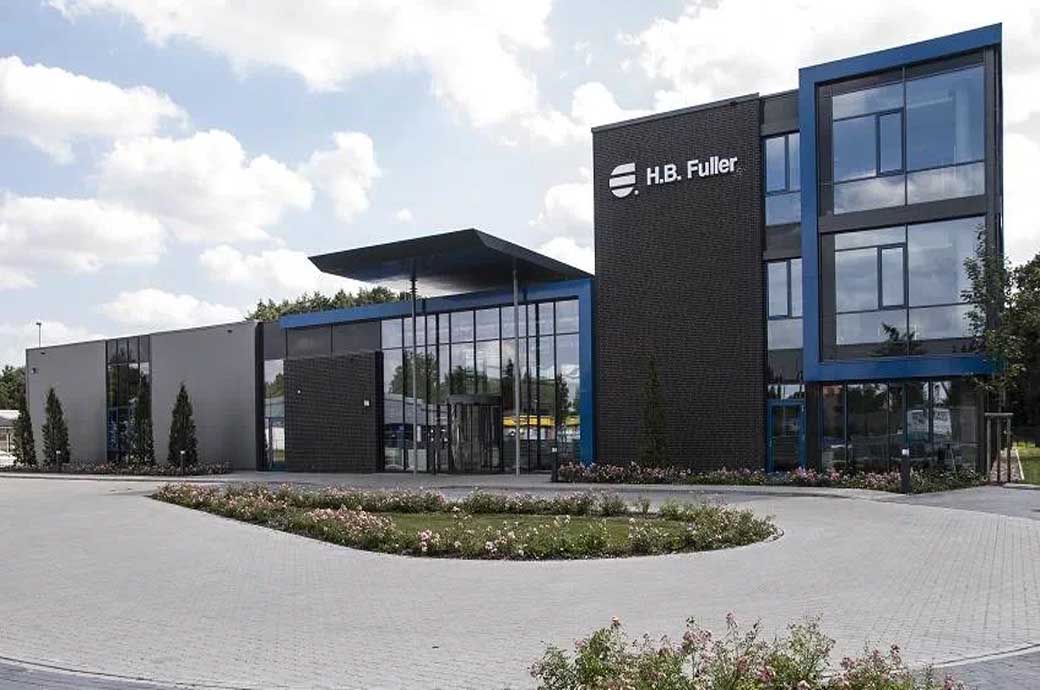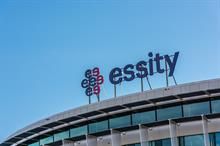
H.B. Fuller is committed to the protection of the environment. In keeping with this commitment, the company continues to take actions — including implementing programmes to reduce demand for water, minimise the generation and disposal of waste and limit emissions of air pollutants and greenhouse gases. To hold ourselves accountable to meaningful progress, they plan to adopt new sustainability targets related to energy, greenhouse gases, waste and disposal, and water use and discharge. In March 2024, H.B. Fuller committed to set near-term company-wide reduction targets for Scope 1, 2 and 3 greenhouse gas (GHG) emissions, in line with Science Based Target Initiative (SBTi) standards. When adopted and approved, these targets are expected to require ambitious reductions in absolute GHG emissions levels, consistent with limiting global temperature rise to 1.5°C, using a 2025 baseline, the company said in a press release.
“At H.B. Fuller, sustainability is fundamental to our product innovation, central to improving our operational efficiency, and integrated in our values and culture,” said H.B. Fuller president and CEO Celeste Mastin. “Today, nearly 60 per cent of H.B. Fuller’s new product development projects are focused on increasing the sustainability of our customers’ end products, and this heightened commitment to sustainable product innovation for our customers creates a ripple effect that benefits our employees, communities, shareholders, and the natural environment.”
The sustainability report details how H.B. Fuller is delivering on its sustainability commitments by creating six Sustainability Action Subcommittees representing multiple geographies and functions responsible for advancing environmental, social, and governance initiatives, implementing market-leading software to support Life Cycle Assessments (LCA) related to product footprint and climate change, launching several technologies enabling sustainable customer innovations across a wide range of end markets, including electric vehicles, solar, woodworking, technical textile, packaging, hygiene, and energy efficient buildings and reducing the Total Recordable Incident Rate (TRIR) by 35 per cent since 2019 even though several new companies have been acquired.
“While I am incredibly proud of our team and the progress shared in this report, I recognise we are on a journey that requires perpetual innovation to protect our planet and help our people, communities and company prosper. As responsible environmental stewards, we are working diligently to set science-based targets in the coming year that will help us advance the transition to a low-carbon economy. And as a responsible employer and corporate citizen inspired to connect what matters, we are prioritising programmes that strengthen our employee culture, enhance career development opportunities, and improve the quality of life within our communities through local volunteerism and partnerships that support youth leadership, STEM education and racial equity. To accelerate our evolution, we have formed employee-led Sustainability Action Subcommittees with clear goals and charters to guide our efforts, share best practices, and ensure our compliance and accountability. The subcommittees’ composition — with employee representation from all regions of the company — reflects the high value we place on diverse and inclusive perspectives in driving innovation, increasing collaboration, and delivering positive results,” explained Mastin.
“Market and economic pressures over the past year have impacted production volumes, which made progress on intensity-based targets difficult. We therefore have prioritised adoption of new environmental targets that will more closely reflect the impact of operational improvements to drive efficiency and contribute to the organic growth of our business,” said Jonathan Blaine, director, global environmental affairs & sustainability.
Fibre2Fashion News Desk (RR)

